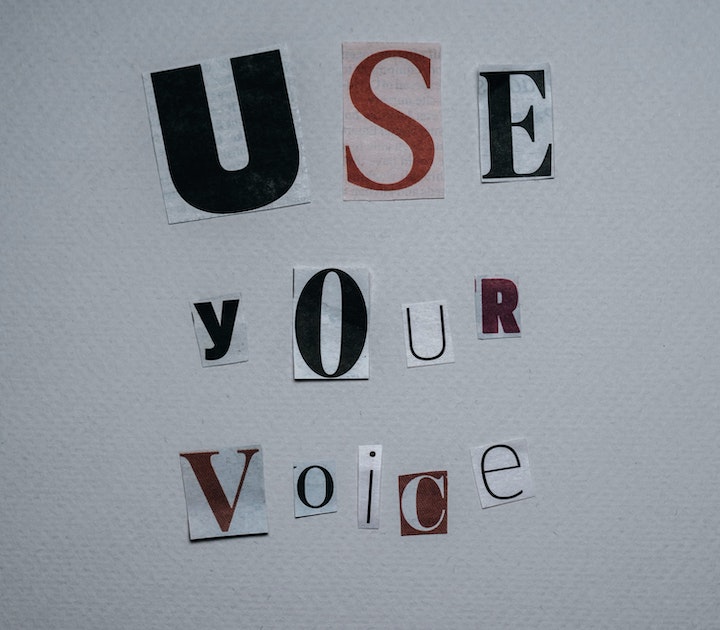Trigger Warning: This series of blogs will take you through the experience of a sexual assault survivor seeking justice through the judicial system. It will contain graphic violence, language, and details as that is the cold, hard reality.
Three months earlier, around 9AM on a Friday morning, I received a call on the 24/7 Safe Line (voice/text 303-838-8181). The caller, Emma, was in crisis mode, making it a challenge for me to understand her. After a few minutes, Emma was collected enough to explain to me that a community event a couple years earlier connected her to the man her ultimately sexual assaulted her. This community event was coming up again soon. She was understandably distraught and triggered by this upcoming event.
While I was talking with Emma, I was reminded about trauma from my Victim’s Advocate training. People in trauma often present themselves in ways that makes them appear to be intoxicated either by alcohol or drugs. For example, the traumatized brain is unable to provide linear details of an incident and the back-and-forth retelling of an event appears to the untrained first responder that the victim is fabricating their statement. Oftentimes, this results in the arrest of the victim because the perpetrator, who is not in a trauma state, appears calm and rational during the victim’s moment of crisis.
Even though I was struggling to track what Emma was sharing, I was not dismissive. Our initial call lasted ninety-minutes. Afterwards, I was certain that Emma had been repeatedly victimized by her perpetrator. Emma told me about several different incidents where this man abused and sexually assaulted her. It appeared the only reason charges were filed this time was because there was an eye-witness who filed a statement and refused to recant. The eye witness even received death threats from the perpetrator, his “friend”.
Emma told me stories of how local law enforcement repeatedly turned a blind eye to the perpetrators attacks against her, and that the perpetrator had somehow managed to avoid arrest in similar cases against other women. The perpetrator was facing a felony assault charge in the latest attack against her. The trial was scheduled for October, nine months after he sexually assaulted her.
The most alarming thing I learned on that initial call was that when these recent charges were filed, an arrest warrant was issued for the perpetrator. Law enforcement informed Emma that they did not intend to go to the perpetrator’s home and execute the warrant, but would wait until he got pulled over for a traffic violation before serving the warrant.
Emma took matters into her own hands. She contacted law enforcement in the county where the perpetrator works (different from where he lives and different from where he sexually assaulted her). Emma advocated for herself, worked with law enforcement and asked them to execute the arrest warrant during his working hours. Law enforcement decided to do this! Had Emma not done this, there is a possibility that her perpetrator would not have been formally charged to this day.
During this initial call, it was clear that Emma had suffered a pattern of abuse and chronic trauma. She would need assistance navigating the stressful and oftentimes re-traumatizing judicial system. I assured her that PeaceWorks would take her on as a non-residential client and provide legal advocacy to help her navigate her complicated path forward. Knowing that she was being heard and would no longer be facing this horrendous journey alone, I sensed that Emma began to feel calmer.
The next step for Emma and I was to determine a safe place to meet, allowing me to do my job as PeaceWorks Mobile Advocate. It was important to meet Emma and to help put some of her concerns at ease with an in-person meeting. Additionally, in order to effectively facilitate successful legal advocacy, I needed to get an accurate timeline of the events that led up to her perpetrators arrest. To me, this was an important step; one that is necessary for determining if additional charges need to be filed, or if there have been any civil rights violations. Importantly for Emma, this is an important first step for healing, allowing her to be fully seen and heard in this critical, life changing event.
At PeaceWorks, we understand that addressing and providing resources to help resolve the harmful impact of trauma is essential in treating the whole person and guiding them towards their recovery. This is why PeaceWorks created our Peace & Wellness and Community Wellness Programs. Emma has a long journey ahead of herself, but thankfully she found the courage to pick up the phone and seek help that morning. She found someone who was willing to listen, and educated with the skills to help support her along her journey.
If you or a friend need confidential services, please contact PeaceWorks Inc 24/7 (call/text) 303-838-8181. For more information visit https://peaceworksinc.co/
